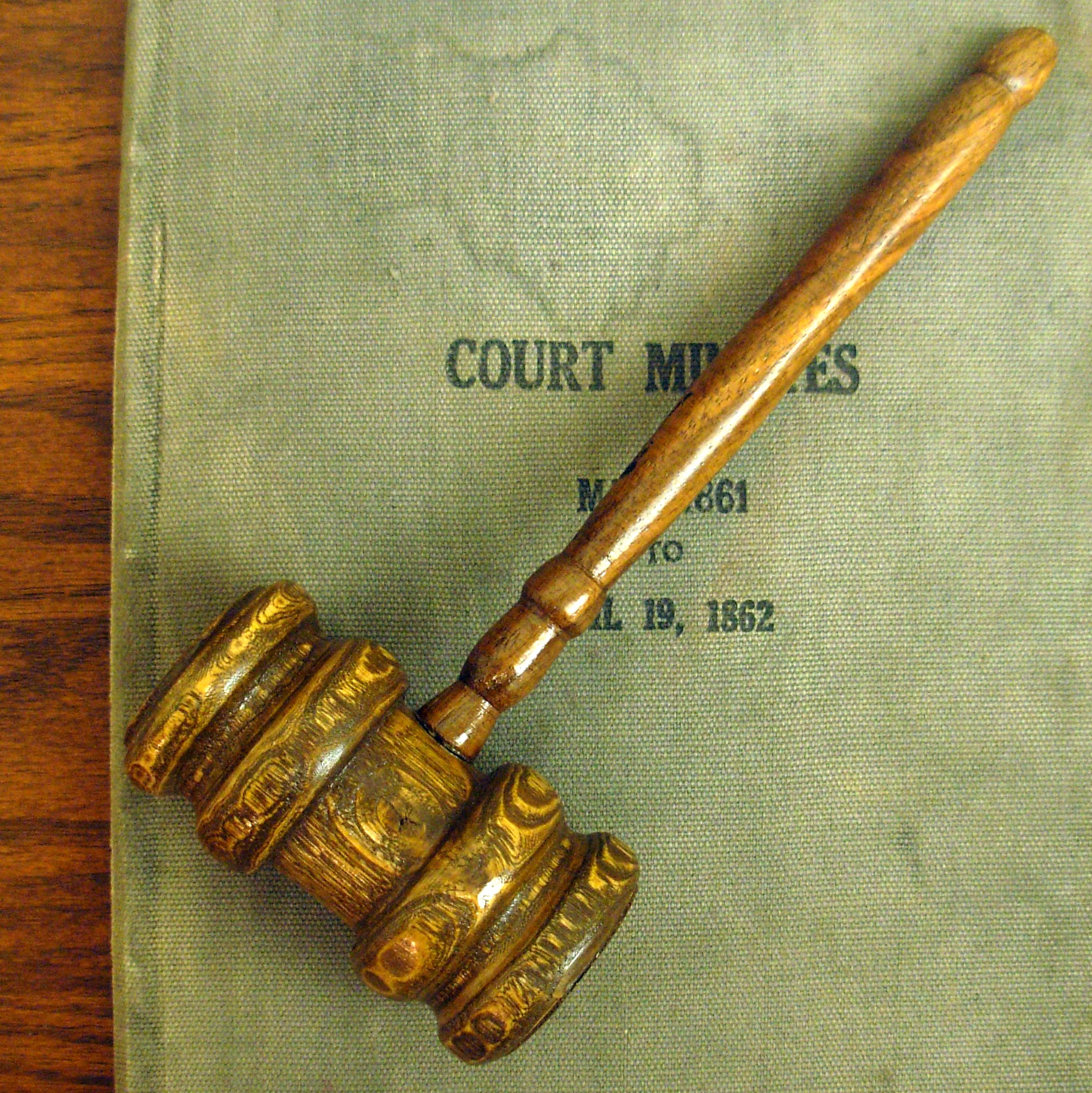I blogged about a case back in October where an Alabama landlord was dealing with trespassers on his commercial property and then was charged with menacing after getting a shotgun from his truck which he never pointed at anyone. The state’s Supreme Court ruled last week that merely possessing a firearm lawfully does not constitute menacing.
Menacing is defined in § 13A-6-23(a), Ala. Code 1975: “A person commits the crime of menacing if, by physical action, he intentionally places or attempts to place another person in fear of imminent serious physical injury.” (Emphasis added.) The Commentary to § 13A-6-23 states that menacing encompasses the situation where “‘physical injury’ is neither inflicted nor intended.” There is no statutory definition for the term “physical action.” In this case, the trial court found that getting the gun was sufficient “physical action” to constitute the offense of menacing. …
Consistent with the foregoing and applying the principles of statutory construction, we conclude that Pate’s getting the gun, without more, was not sufficient to establish the physical-action element of menacing. Therefore, we conclude that the Court of Criminal Appeals erred in determining that there was sufficient evidence of the physical-action element of menacing.
The Supreme Court’s review of the facts of the case show there was only one witness who claimed that the landlord actually held the firearm up, but it was the guy who not only trespassed once, but continued to do so even after police ordered him to leave the property. But police who were on site agreed that while the landlord was clearly pissed off, they never saw him actually point a firearm at anyone. Oh, and security cameras also show the gun was only ever pointed at the ground in direct conflict with the trespasser’s claim. In fact, the entire story the trespasser gave as to threats made by the landlord while he was driving away were proven completely false by the video cameras.
While one of the officers did take possession of the firearm for a time, the landlord was never arrested on site or accused of breaking any law while the police were there with him. They only arrested him a week later for this supposed menacing because the repeat trespasser who violated police orders and then made up a completely false statement insisted on charges, and then the trial court also tried to claim that legally possessing a firearm around the presence of police officers is enough to warrant a menacing conviction.



